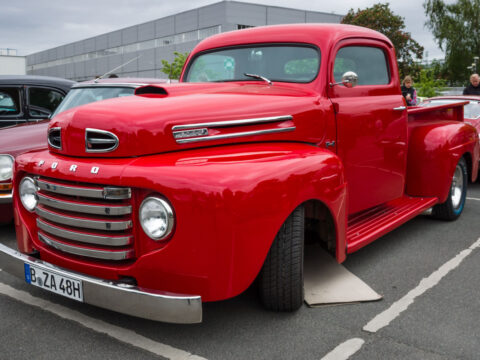Pumping gas seems like a routine task, but many people make mistakes that can be dangerous. From leaving the engine running to using a cellphone, these common errors can lead to accidents and injuries. Here are 20 dangerous mistakes people often make while pumping gas and how to avoid them.
Contents
Leaving the Engine Running
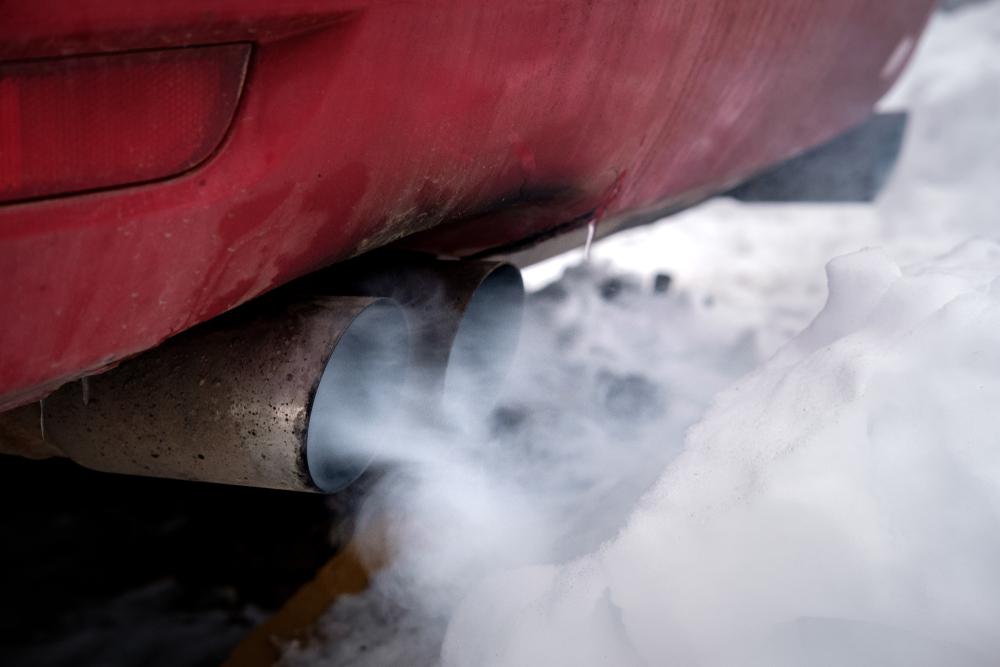
Leaving the engine running while pumping gas can create a spark, potentially igniting fuel vapors. This increases the risk of a fire or explosion. Always turn off your vehicle before starting to refuel to eliminate this hazard. Pro Tip: Double-check that the engine is off before you start pumping gas.
Using a Mobile Phone
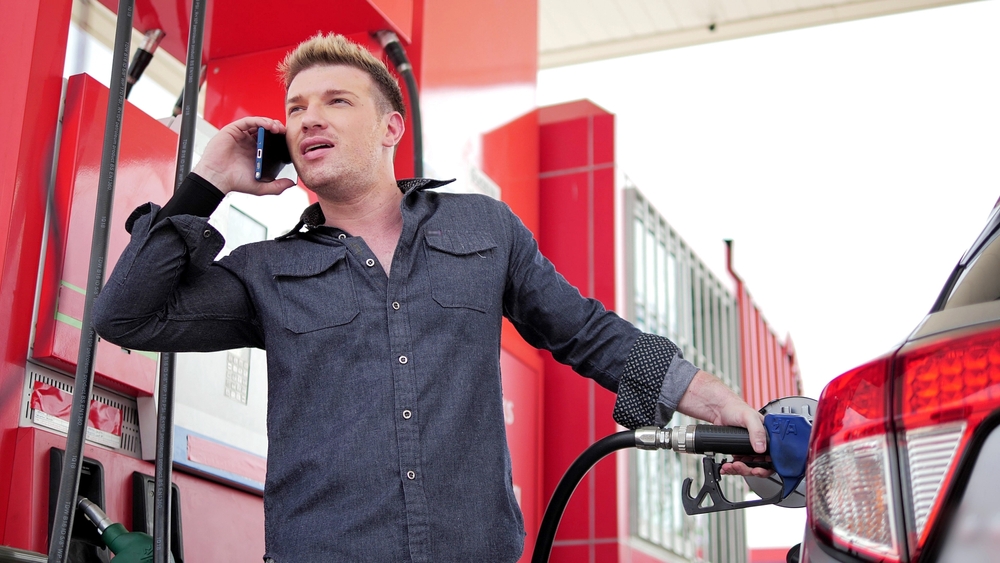
Using a mobile phone while pumping gas can cause static electricity, which might ignite fuel vapors. Although rare, it’s a potential danger. To stay safe, avoid using your phone at the pump. Pro Tip: Finish refueling before making calls or sending texts to minimize distractions.
Smoking
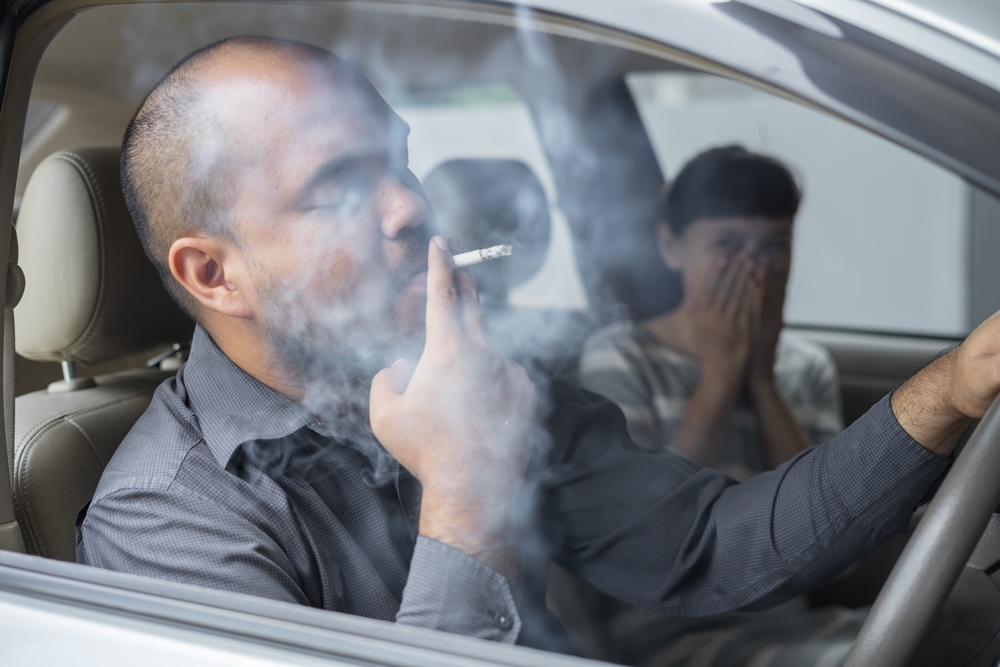
Smoking near a gas pump is extremely dangerous as it can ignite fuel vapors, leading to a fire or explosion. Never smoke or use any open flame near the pump. Pro Tip: Wait until you’re away from the gas station to light up.
Re-entering the Vehicle
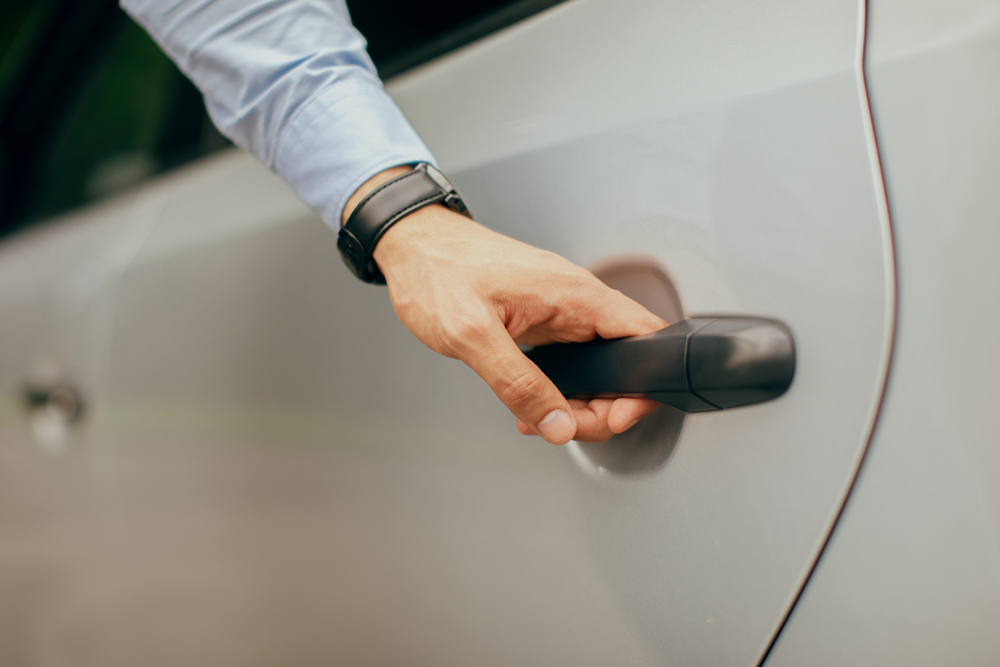
Re-entering your vehicle while pumping gas can generate static electricity, which might ignite fuel vapors when you touch the nozzle again. Stay outside the car while fueling to avoid this risk. Pro Tip: If you must re-enter your vehicle, touch a metal part of the car away from the nozzle before resuming fueling to discharge any static electricity.
Topping Off the Tank
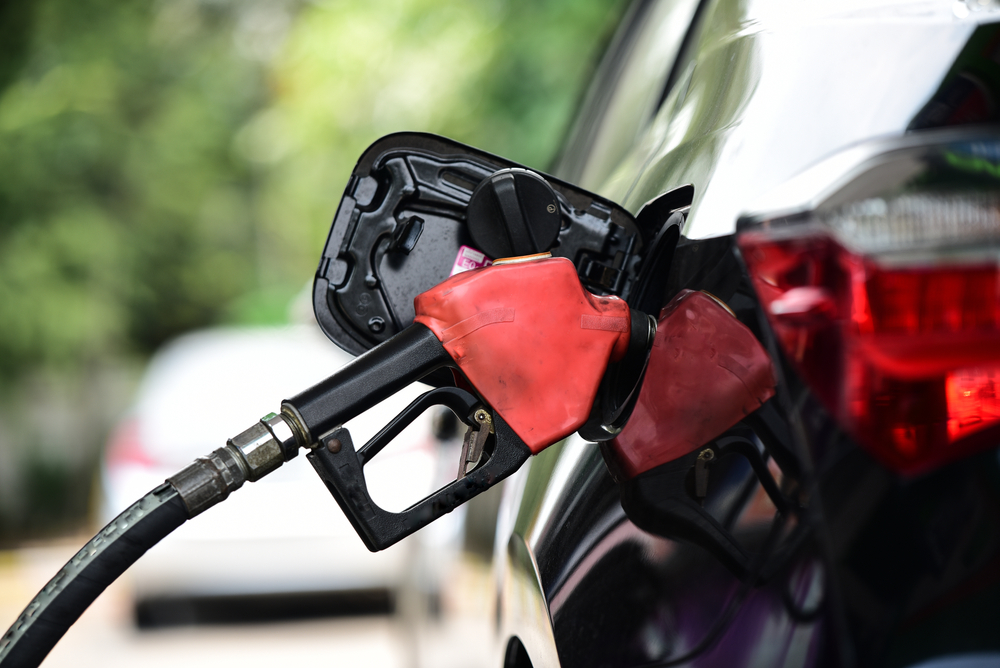
Topping off the gas tank can lead to spills and release harmful vapors. Overfilling can also damage the vehicle’s evaporative emission system, causing expensive repairs. Stop fueling when the nozzle automatically clicks off. Pro Tip: Resist the urge to round up to the next dollar.
Using the Wrong Fuel
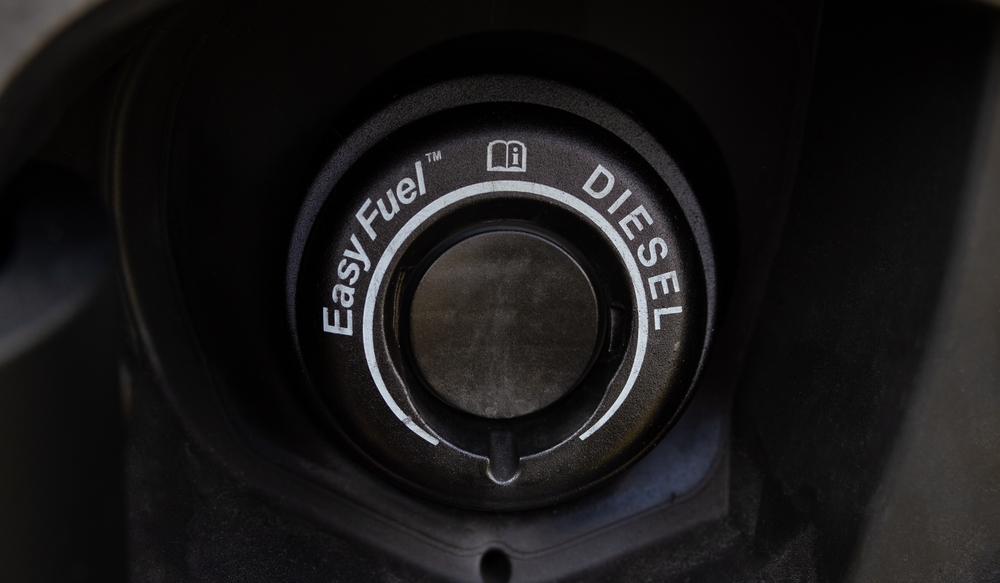
Using the wrong fuel type can severely damage your engine, leading to costly repairs. Always check your vehicle’s fuel type before refueling. Pro Tip: Confirm the correct fuel type in your vehicle’s owner manual or on the fuel door.
Distracted Pumping
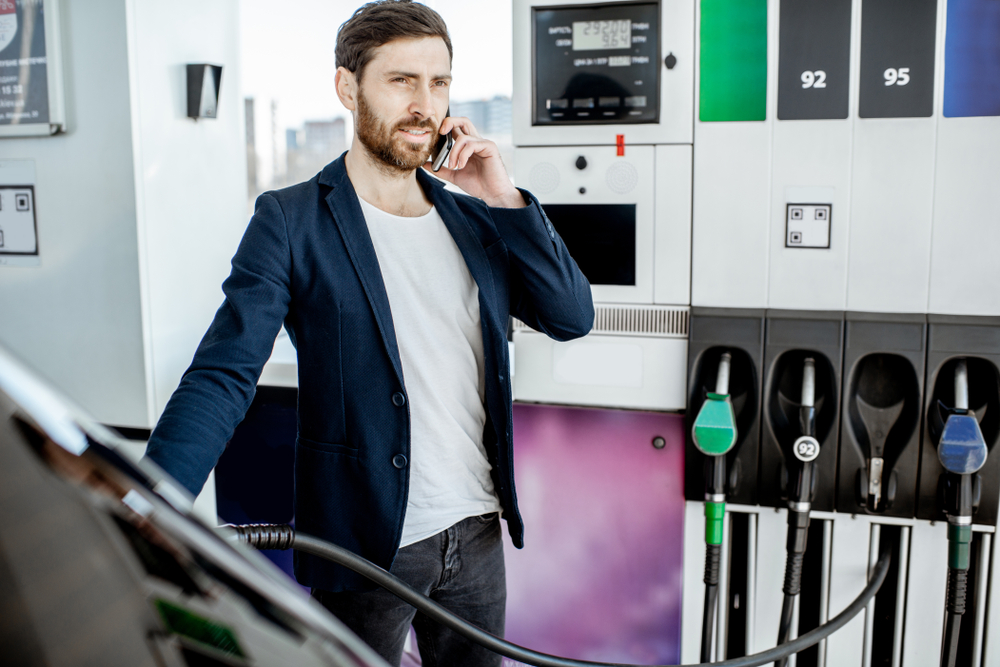
Being distracted while pumping gas can lead to spills, overfilling, or even driving off with the nozzle still attached. Stay focused on the task to prevent accidents. Pro Tip: Avoid using your phone or engaging in conversations until you’ve finished refueling.
Not Grounding Yourself
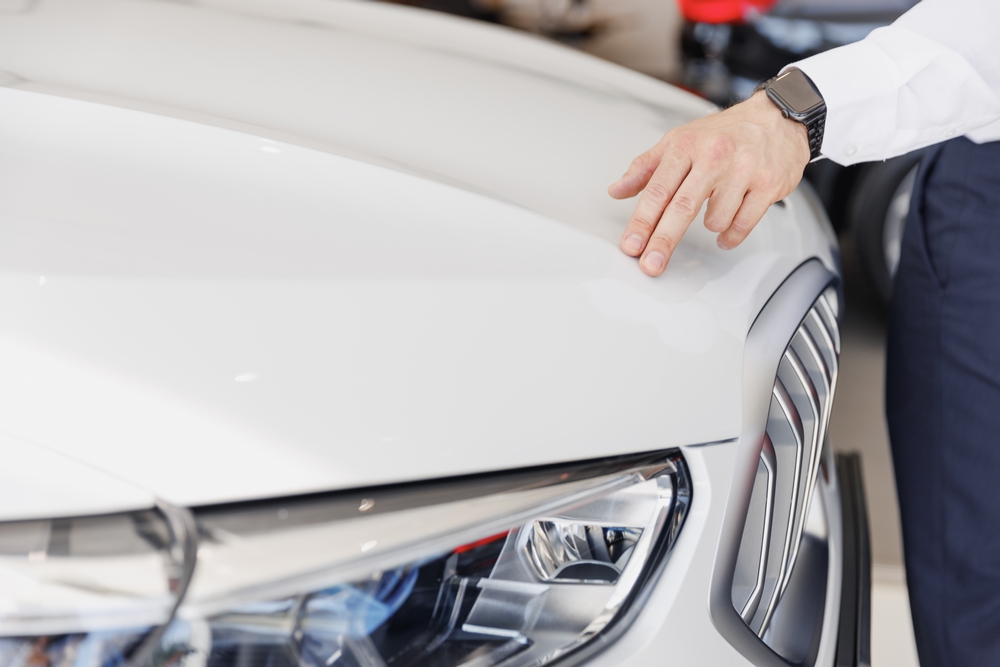
Failing to ground yourself before pumping gas can cause static electricity, which might ignite fuel vapors. Touch a metal part of your car before handling the pump. Pro Tip: Make it a habit to touch your car’s metal frame before picking up the nozzle.
Ignoring Fuel Spills
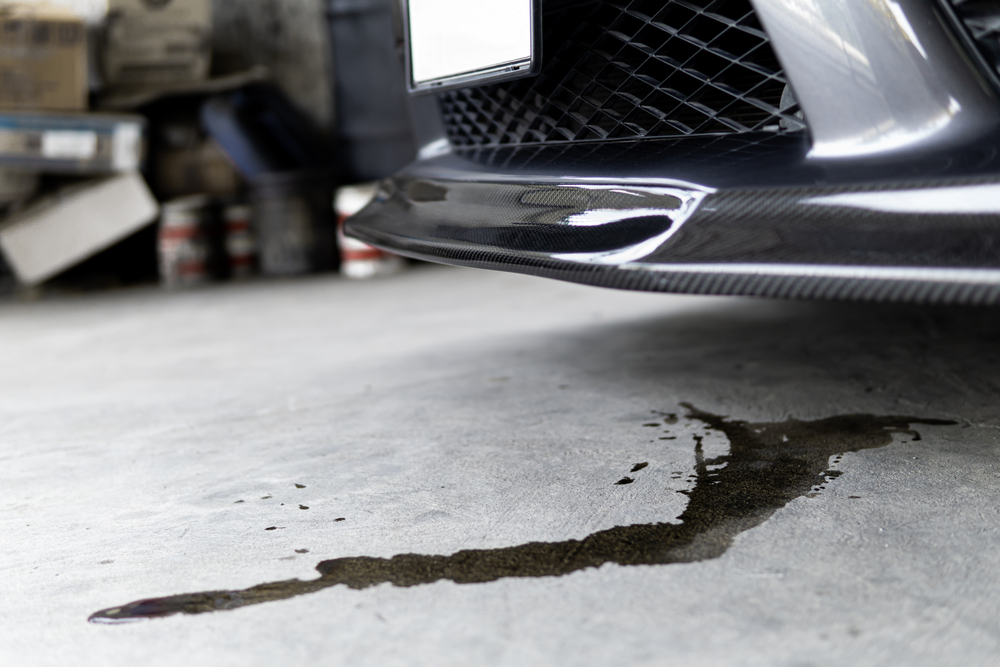
Ignoring fuel spills can lead to slipping hazards and environmental damage. If you spill gasoline, clean it up immediately or notify the gas station attendant. Pro Tip: Keep an absorbent cloth or paper towels in your car for quick clean-ups.
Leaving Children Unattended
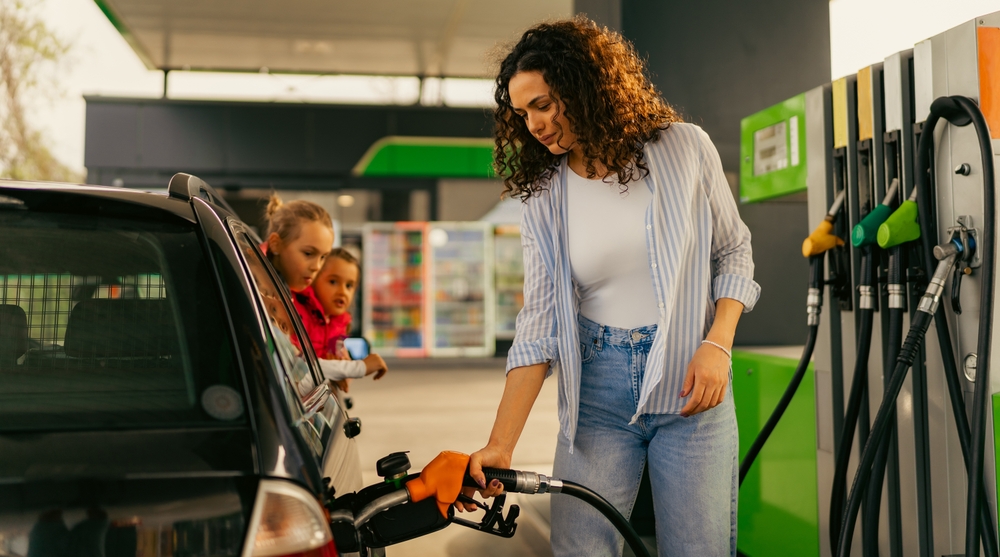
Leaving children unattended in the car while pumping gas can be dangerous. They might accidentally start the car, release the parking brake, or engage with the gear shift. Always keep an eye on your children and bring them with you if necessary. Pro Tip: Engage the parking brake and ensure the car is securely parked before leaving the driver’s seat.
Not Using the Fuel Cap Correctly
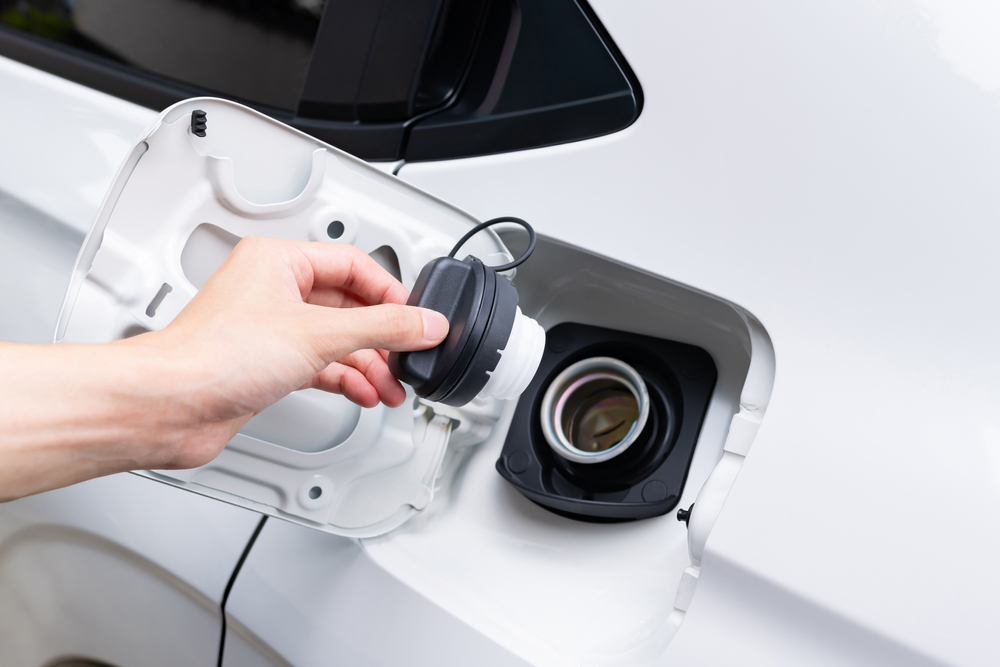
Failing to secure the fuel cap can lead to fuel vapor leaks and trigger the check engine light. Ensure the fuel cap is properly tightened after refueling. Pro Tip: Turn the fuel cap until you hear a click to ensure it’s securely closed.
Wearing Loose Clothing
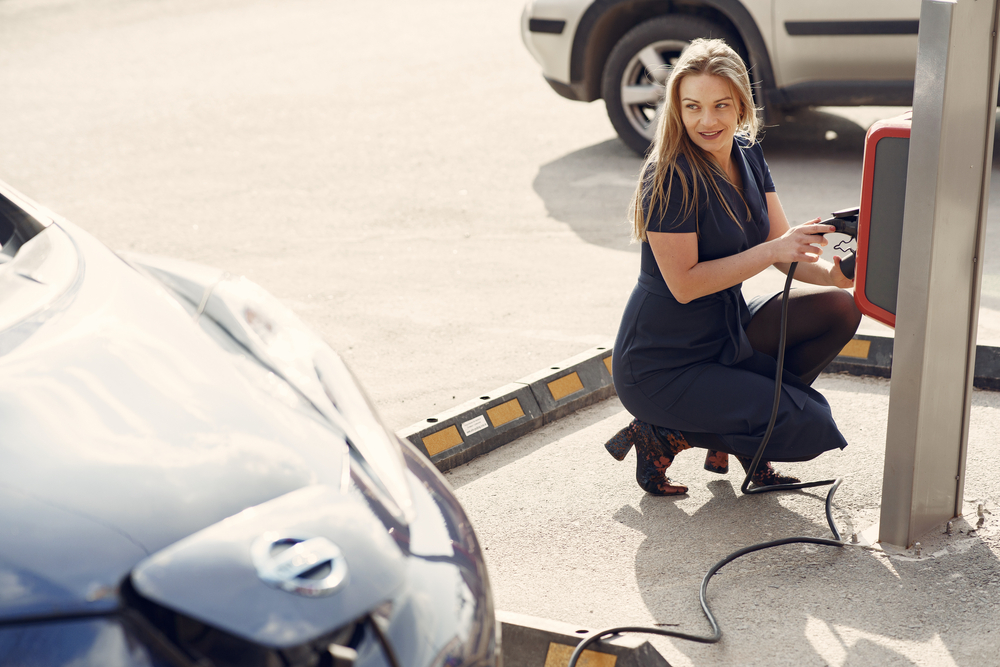
Loose clothing can catch on the nozzle or pump, causing spills or accidents. Wear fitted clothing to reduce the risk of getting caught. Pro Tip: Avoid long, flowing garments while refueling to prevent potential mishaps.
Not Checking for Leaks
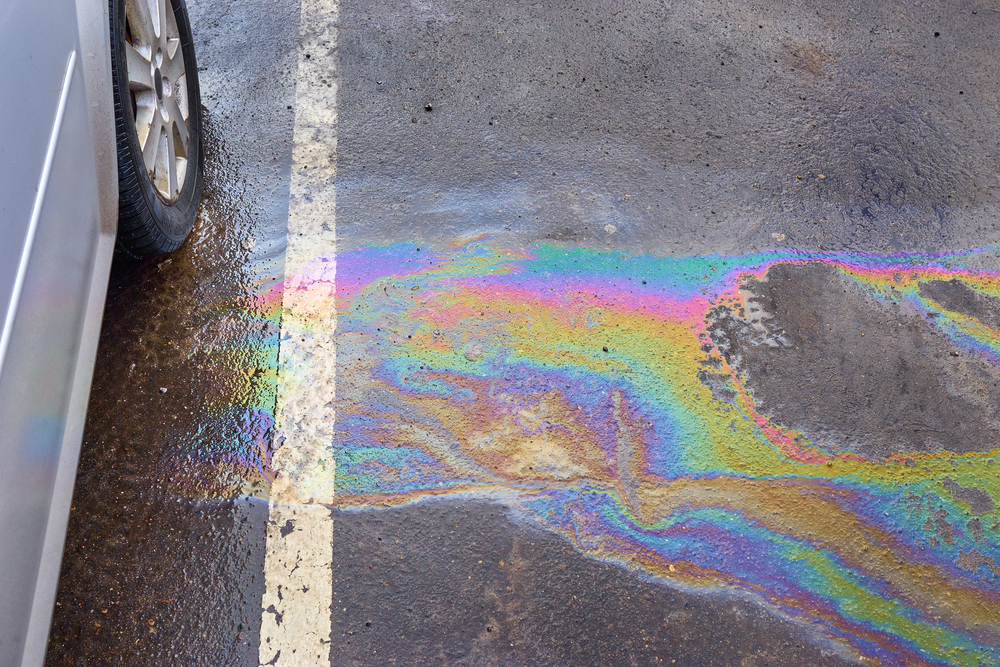
Not checking for fuel leaks before and after pumping can lead to unnoticed hazards. Regularly inspect your vehicle’s fuel system for leaks and address any issues promptly. Pro Tip: Look under your car for puddles or drips before and after fueling.
Using Gasoline to Clean
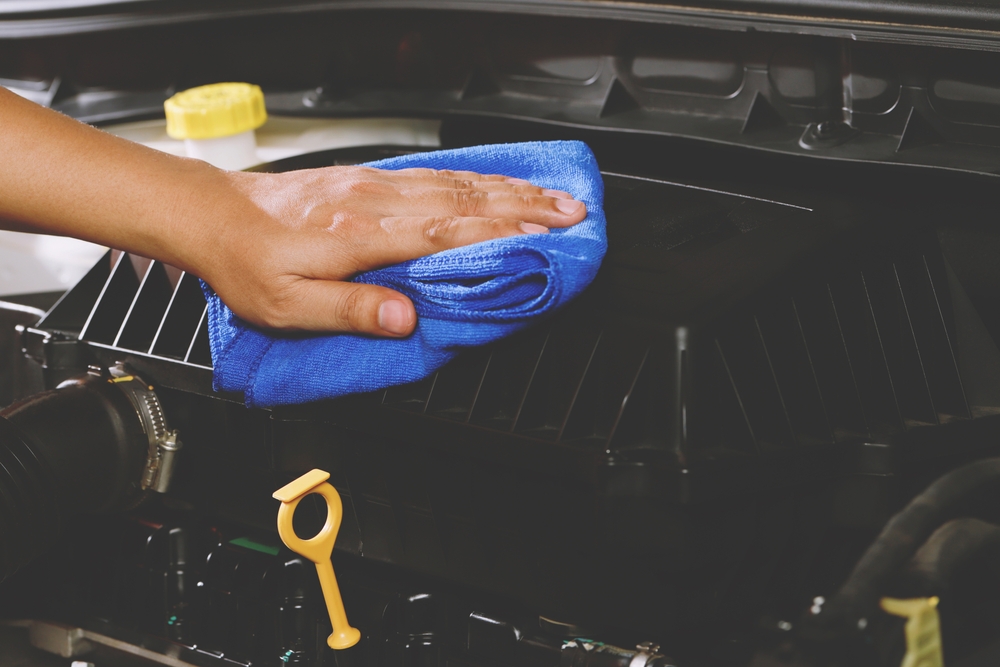
Using gasoline to clean your hands or car parts is dangerous due to its flammability and toxicity. Always use appropriate cleaning products. Pro Tip: Keep hand sanitizer and proper cleaning supplies in your car for safe clean-ups.
Overlooking Safety Signs
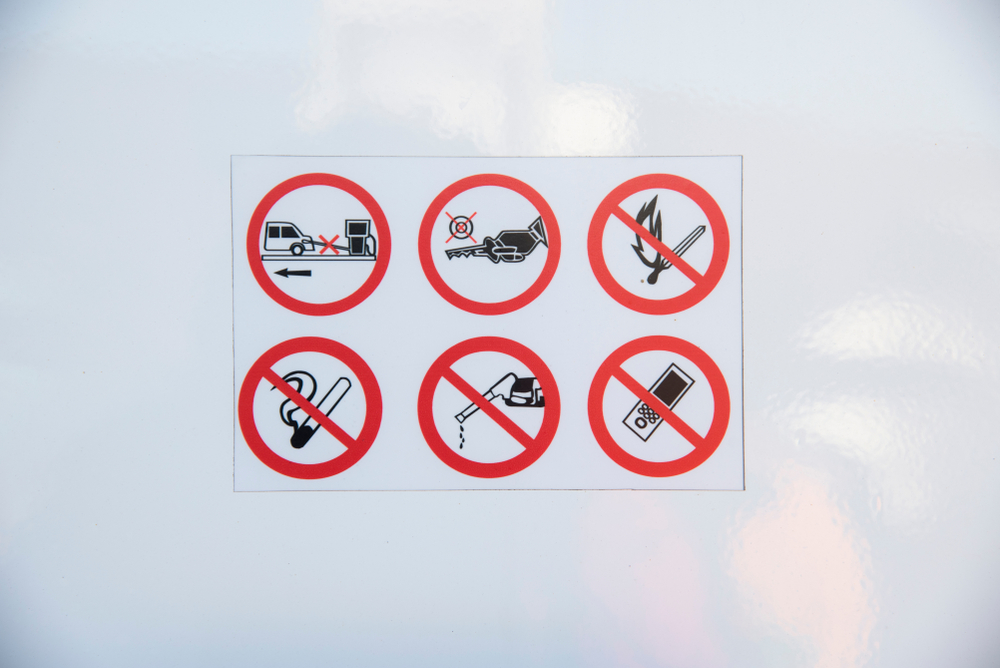
Ignoring safety signs and instructions at the gas station can lead to accidents. Pay attention to posted warnings and guidelines. Pro Tip: Take a moment to read and follow all safety instructions at the pump.
Leaving the Nozzle Unattended
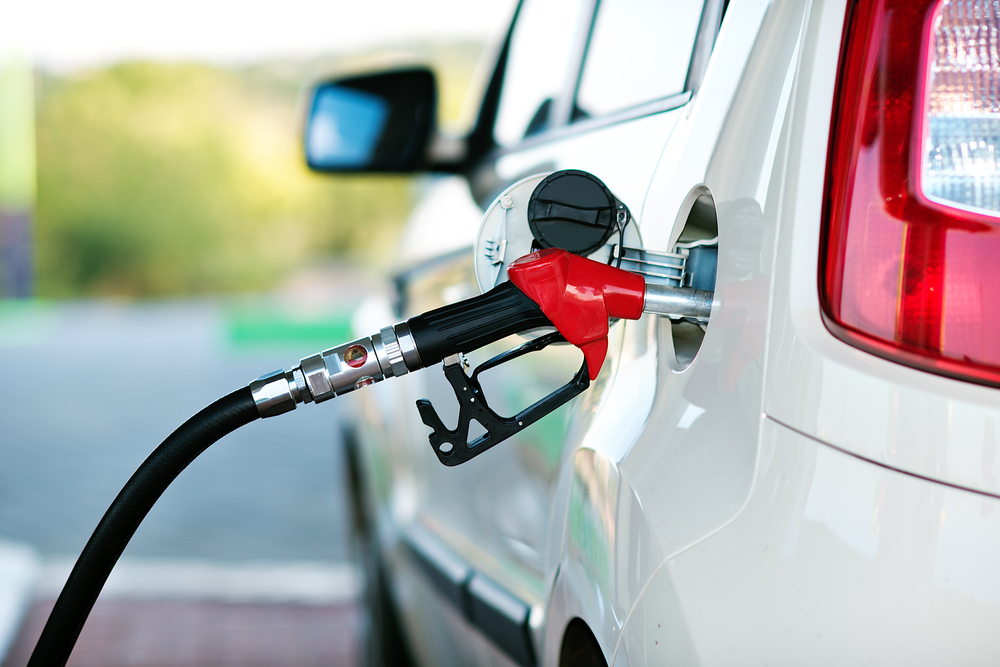
Leaving the nozzle unattended while fueling can result in spills and overflows. Stay by the pump until refueling is complete. Pro Tip: Keep a hand on the nozzle to ensure you can quickly react to any issues.
Filling Up on a Hot Day
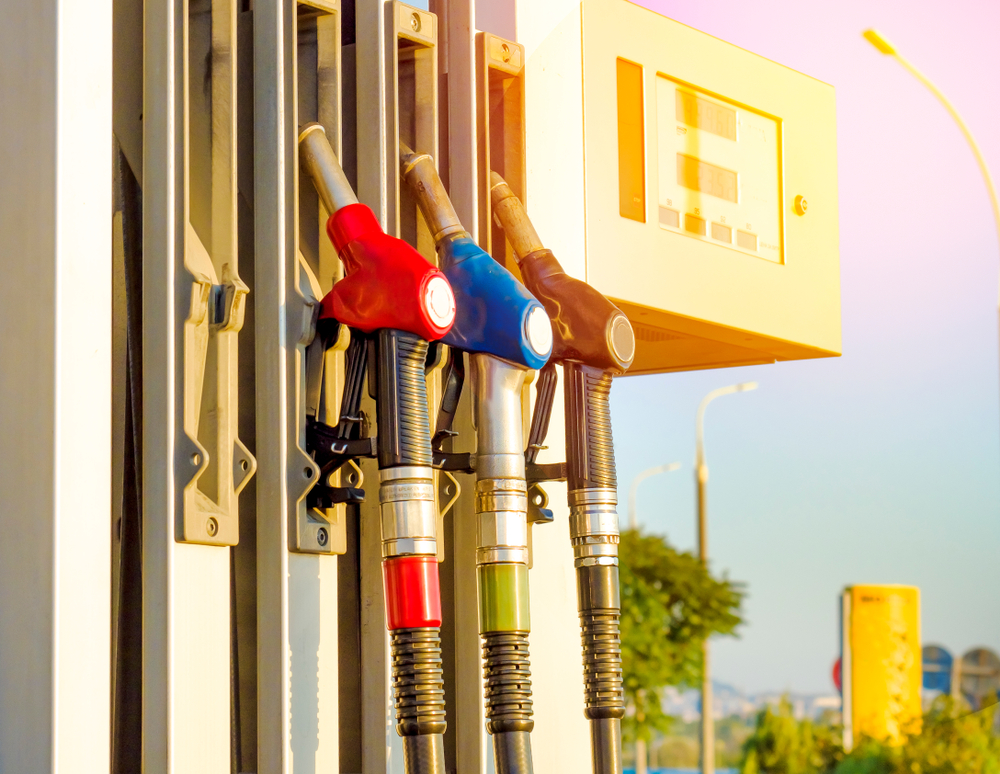
Filling up your tank on a hot day can cause the fuel to expand and spill. Refuel during cooler parts of the day to reduce the risk. Pro Tip: Early morning or late evening are ideal times to refuel.
Incorrect Container Use
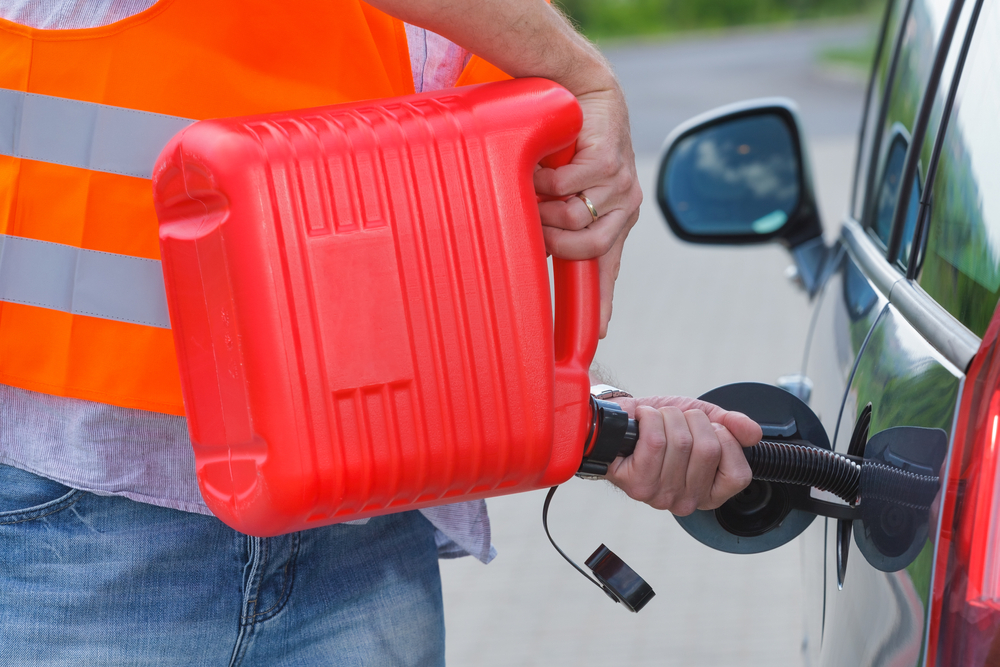
Using improper containers for transporting gasoline can be hazardous. Only use approved fuel containers. Pro Tip: Ensure the container is securely closed and stored in a well-ventilated area.
Blocking Emergency Shutoff
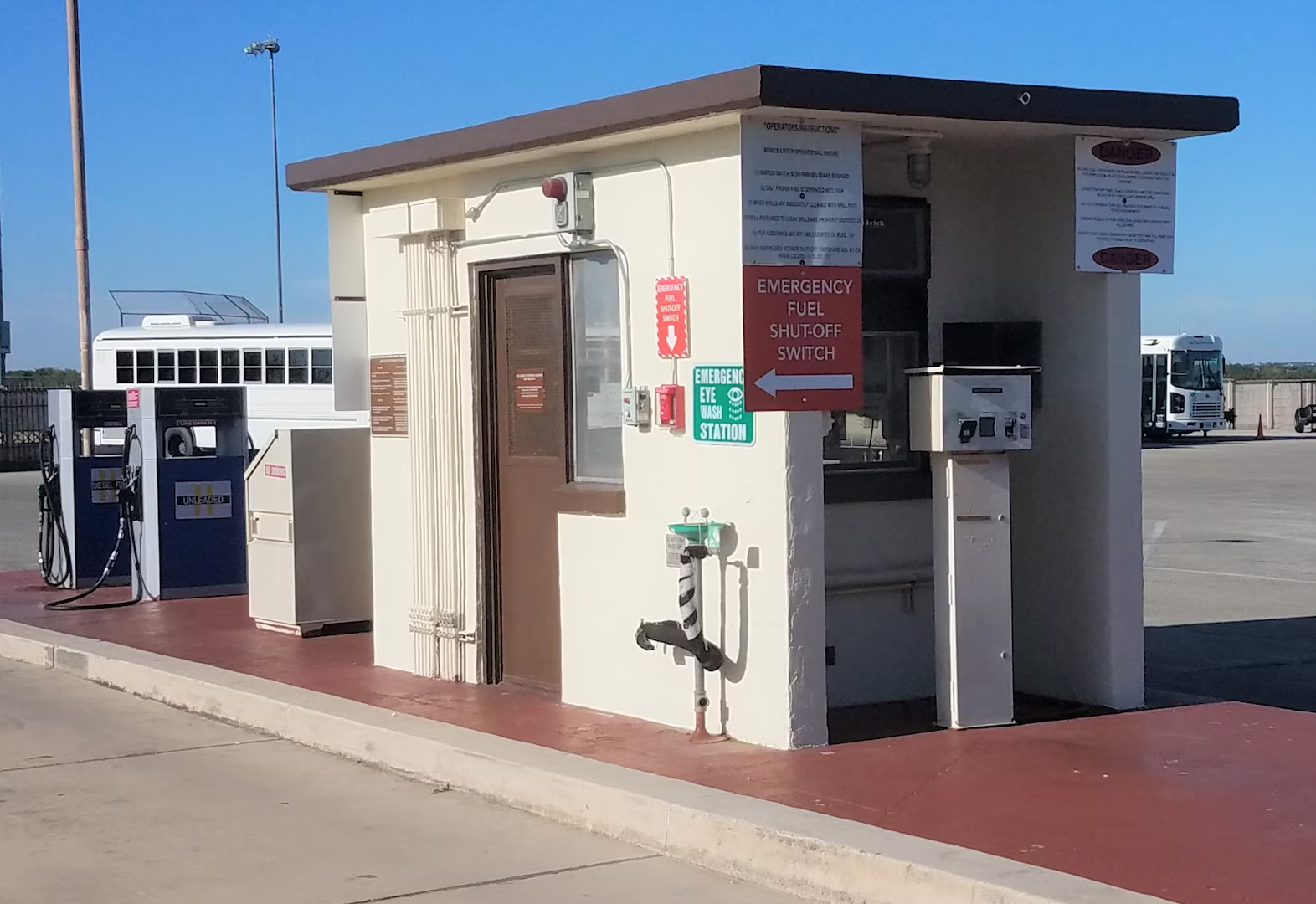
Parking too close to the emergency shutoff switch can block access in an emergency. Leave clear space around all safety equipment. Pro Tip: Familiarize yourself with the location of emergency shutoff switches at the gas station.
Not Wearing Gloves
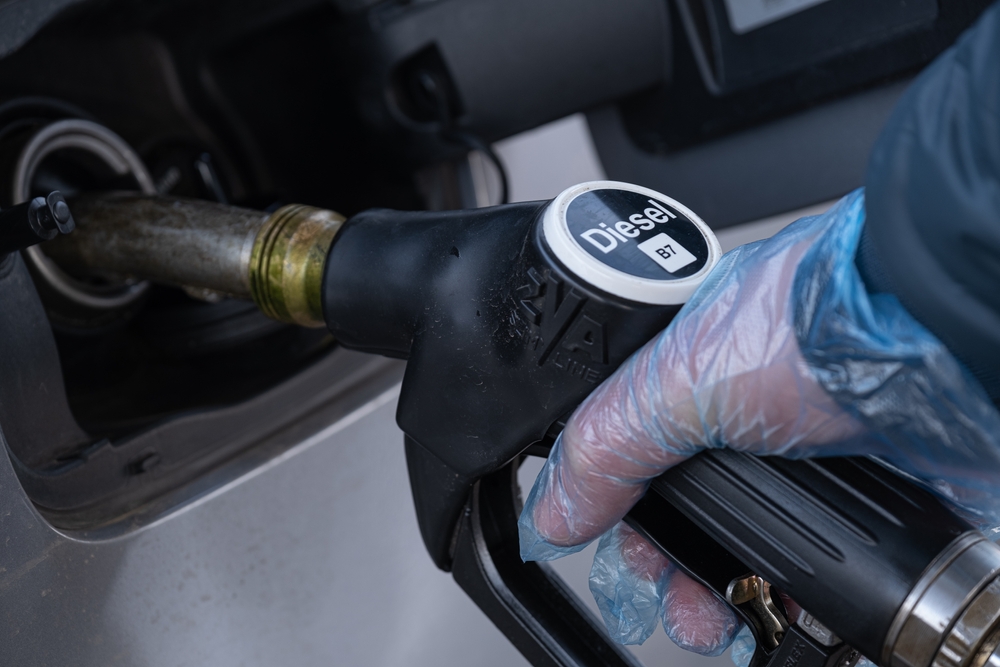
Not wearing gloves while refueling can expose you to harmful chemicals. Use disposable gloves to protect your skin. Pro Tip: Keep a pack of disposable gloves in your car for use during refueling.
This article originally appeared on MyCarMakesNoise.
More from MyCarMakesNoise
10 Worst Military Vehicles Ever Deployed

Military hardware doesn’t always hit the mark. While some vehicles become legendary for their effectiveness, others are plagued by problems that render them almost useless. Read More.
10 Extreme Off-Road Vehicle Mods for Adventurous Drivers

Standard vehicles often fail to provide the necessary durability and performance for those who crave adventure and the thrill of the unbeaten path. Extreme off-road modifications transform everyday vehicles into powerful machines capable of tackling the most challenging terrains. Read More.
15 Iconic Car Designs That Influenced the Industry

Throughout the history of the automotive industry, certain car designs have stood out for their groundbreaking impact on the market and culture. These iconic vehicles defined their eras and set new benchmarks in performance, aesthetics, and technology. Read More.



